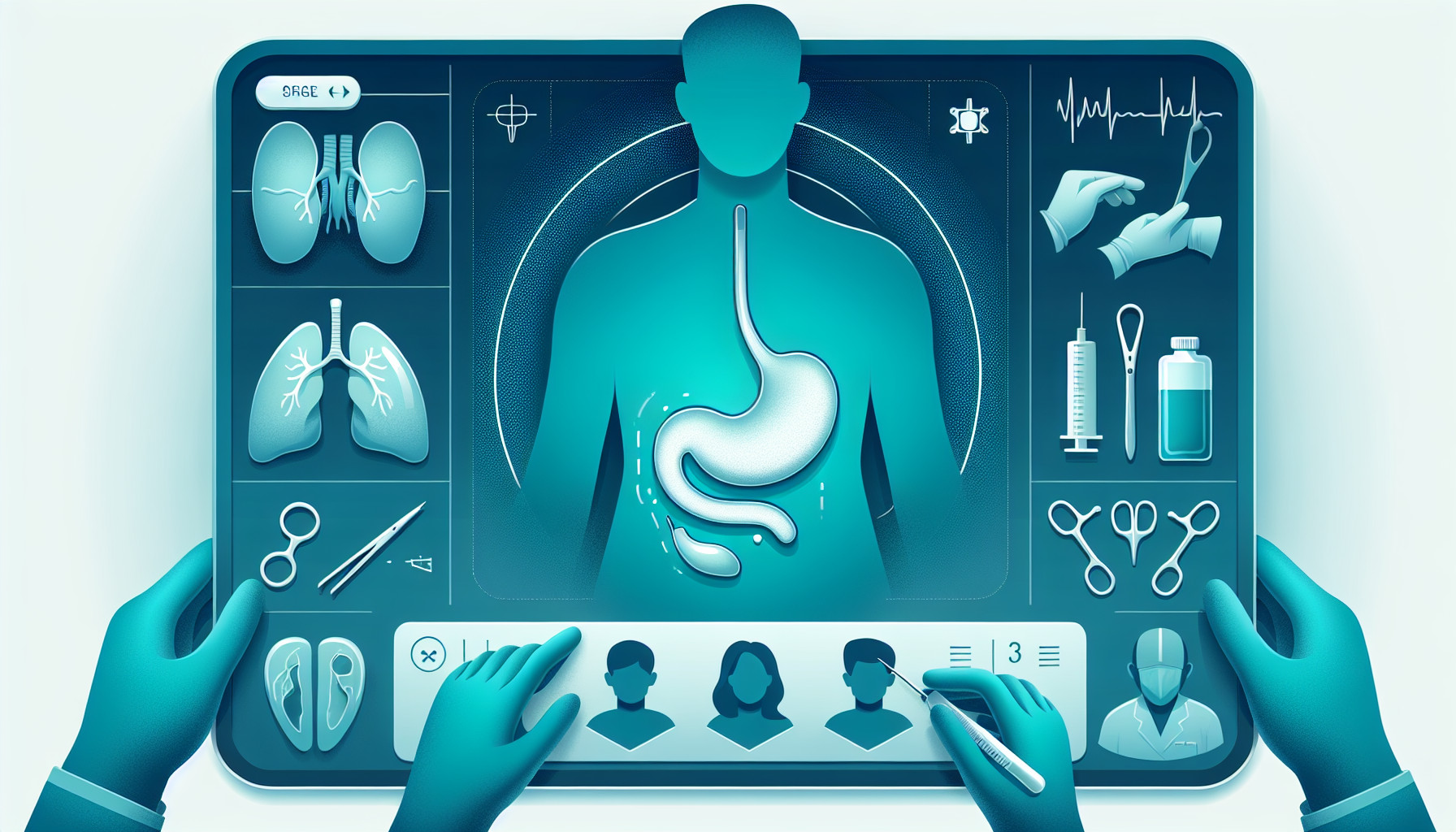Our Summary
This research paper looks at a different approach to a common abdominal surgery known as a cholecystectomy, which is typically performed using a method called laparoscopy. However, not all hospitals, especially those in developing countries, have the resources or expertise to perform this type of surgery.
The study examines a method called mini-laparotomy cholecystectomy, which involves a smaller incision of less than 5 cm. The researchers aimed to assess how successful this method was in terms of how long the operation took, any complications that occurred and the length of the hospital stay after surgery.
The study took place in a rural hospital in Sudan and involved analysing data from all the mini-laparotomy cholecystectomies performed from March 2009 to December 2020. A total of 512 cases were studied.
The results showed that the majority of surgeries took less than 60 minutes, and most patients were over 40 years old. The most common complication during surgery was mucocele, which occurred in 13.6% of cases. Other complications occurred in 0.8% of cases, but none of the surgeries had to be converted into the traditional open cholecystectomy.
After surgery, complications included wound infection in 7 cases, a biliary leak in 1 case, and fistula formation in 1 case. Most patients (458 out of 512) were discharged from the hospital within 24 hours.
The study concludes that mini-laparotomy cholecystectomy is a safe and effective method with a low rate of complications and a short hospital stay, making it a good option for hospitals with limited resources.
FAQs
- What is a mini-laparotomy cholecystectomy and how does it differ from the traditional laparoscopy method?
- What were the common complications during and after the mini-laparotomy cholecystectomy surgeries in this study?
- Based on the study’s findings, what makes mini-laparotomy cholecystectomy a good option for hospitals with limited resources?
Doctor’s Tip
One helpful tip a doctor might tell a patient about cholecystectomy is to follow the post-operative care instructions carefully, including taking prescribed medications, eating a healthy diet, and avoiding strenuous activities until fully healed. It is also important to attend follow-up appointments to monitor recovery and address any concerns.
Suitable For
Patients who are typically recommended for cholecystectomy include those with symptomatic gallstones, gallbladder inflammation (cholecystitis), gallbladder polyps, gallbladder cancer, and biliary dyskinesia. Additionally, patients with recurrent episodes of biliary colic or complications related to gallstones, such as pancreatitis or cholangitis, may also be recommended for cholecystectomy. Overall, the decision to recommend cholecystectomy is based on the individual patient’s symptoms, medical history, and overall health status.
Timeline
Before cholecystectomy:
- Patient experiences symptoms of gallstones such as pain in the upper right abdomen, nausea, vomiting, and bloating.
- Patient undergoes diagnostic tests such as ultrasound or CT scan to confirm the presence of gallstones.
- Patient is advised by a healthcare provider to undergo cholecystectomy if they have recurrent gallstone attacks or complications such as inflammation of the gallbladder.
After cholecystectomy:
- Patient undergoes pre-operative preparation which may involve fasting, medication adjustments, and discussions with the surgical team.
- Cholecystectomy is performed either through laparoscopy or mini-laparotomy, with the goal of removing the gallbladder.
- After surgery, patient may experience pain, nausea, and bloating, which can be managed with pain medication and a gradual return to normal activities.
- Patient is monitored for any complications such as infection, bile leakage, or blood clots.
- Patient is discharged from the hospital within a few days and advised on post-operative care such as diet modifications and follow-up appointments.
What to Ask Your Doctor
Some questions a patient may consider asking their doctor about cholecystectomy include:
- What are the potential risks and complications associated with the cholecystectomy procedure?
- How long will the surgery take and what is the expected recovery time?
- Will I need to stay in the hospital after the surgery, and if so, for how long?
- What type of anesthesia will be used during the procedure?
- Will I need to make any changes to my diet or lifestyle after the surgery?
- Are there any alternative treatment options to cholecystectomy that I should consider?
- How experienced is the surgical team in performing cholecystectomy procedures?
- What are the long-term effects of living without a gallbladder?
- How soon after the surgery can I resume normal activities and exercise?
- What follow-up care will be needed after the surgery?
Reference
Authors: Bashir SI, Mohamed RBA, Owish KA, Abdalla AM, Abdullah AM, Ali YB. Journal: Pan Afr Med J. 2022 Aug 23;42:304. doi: 10.11604/pamj.2022.42.304.32681. eCollection 2022. PMID: 36425539
